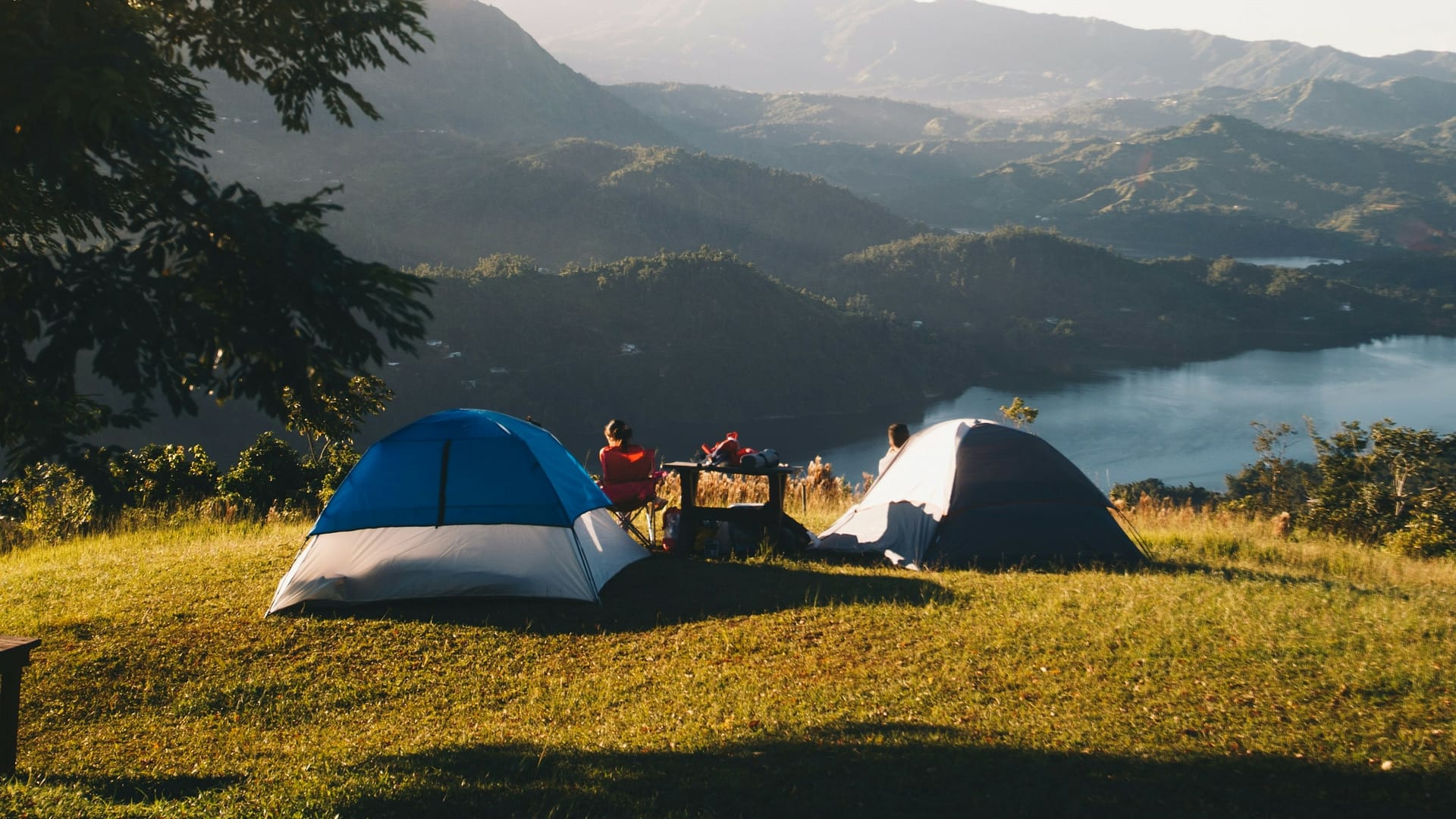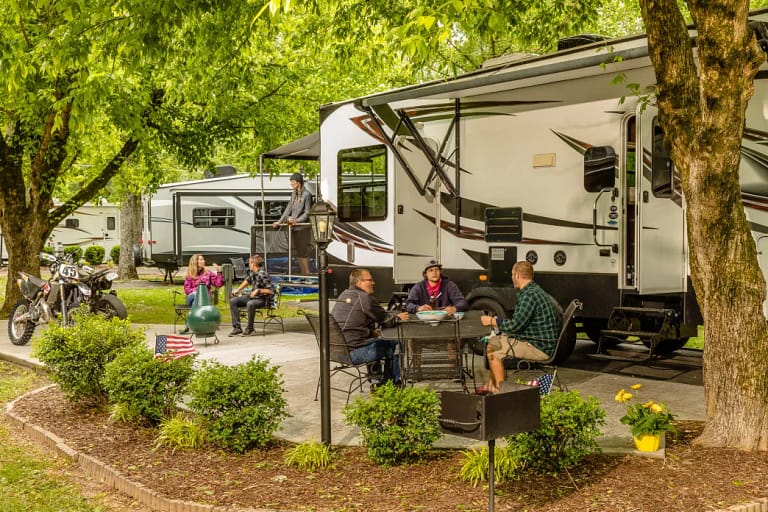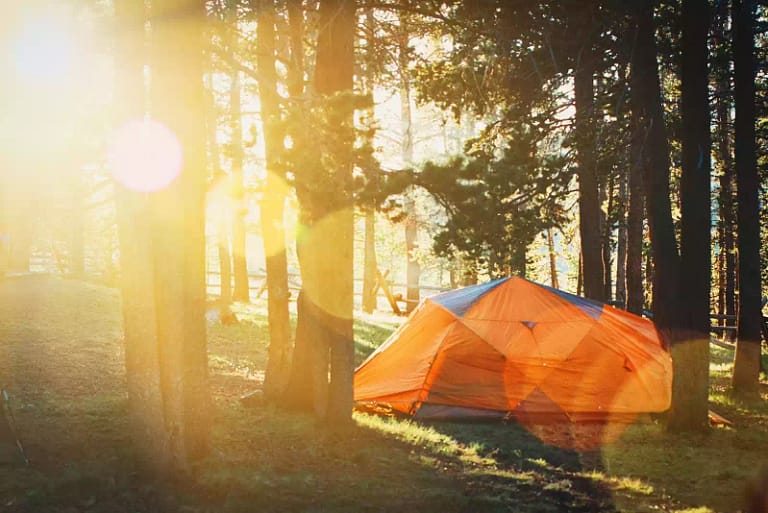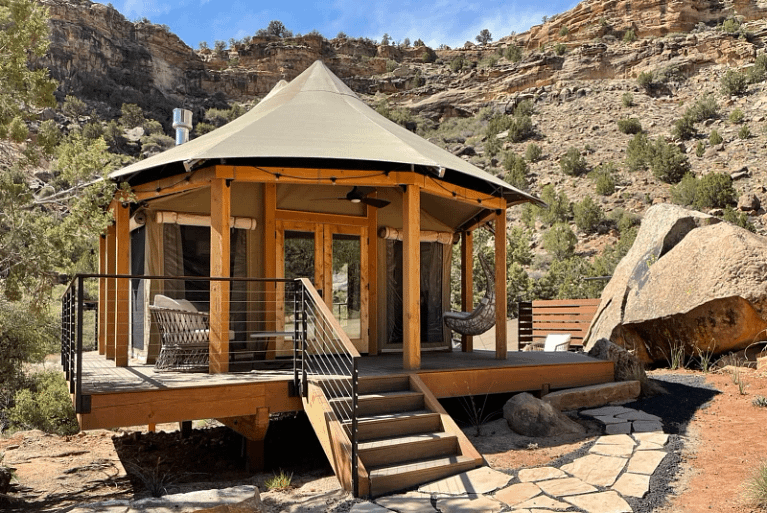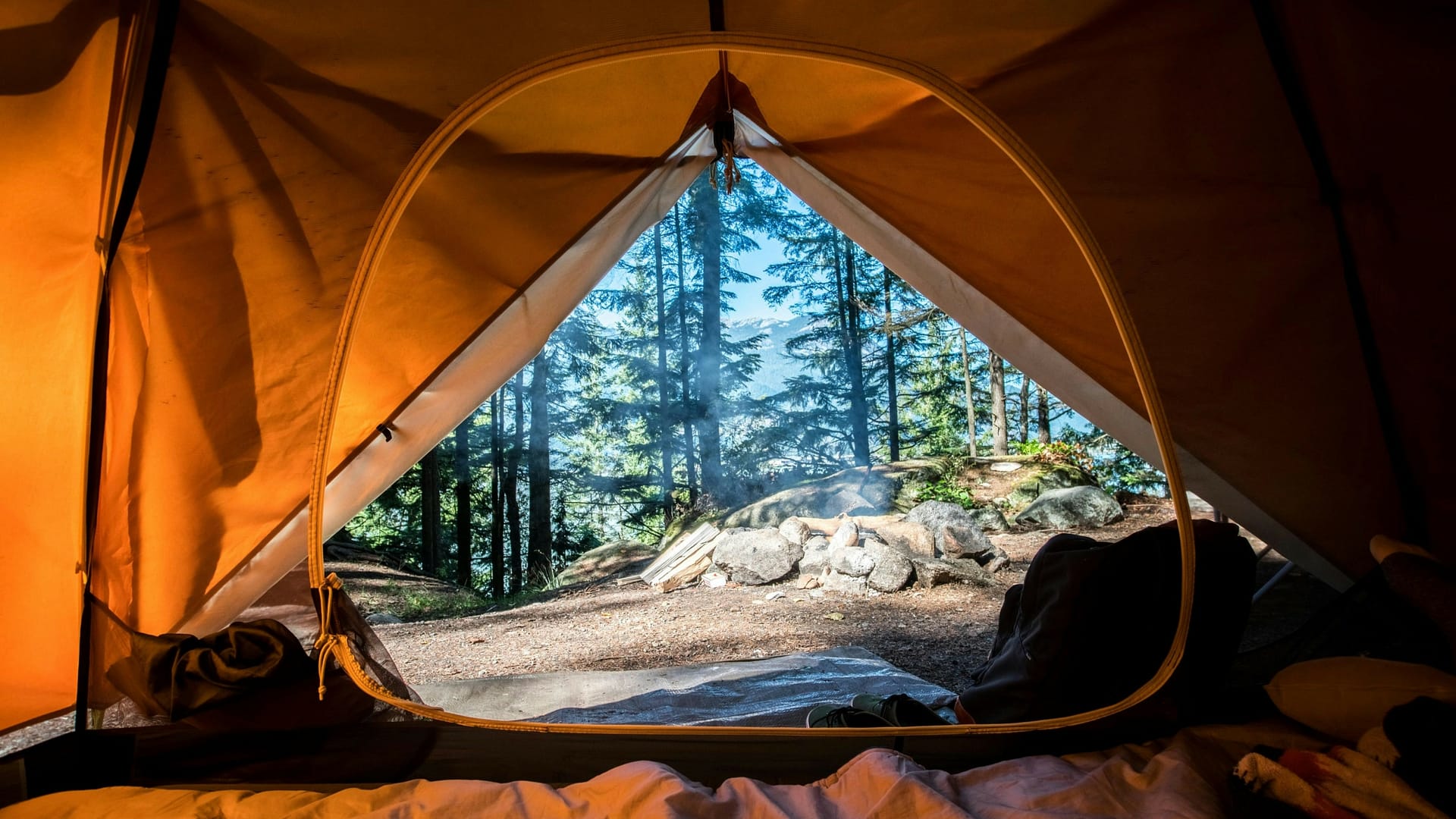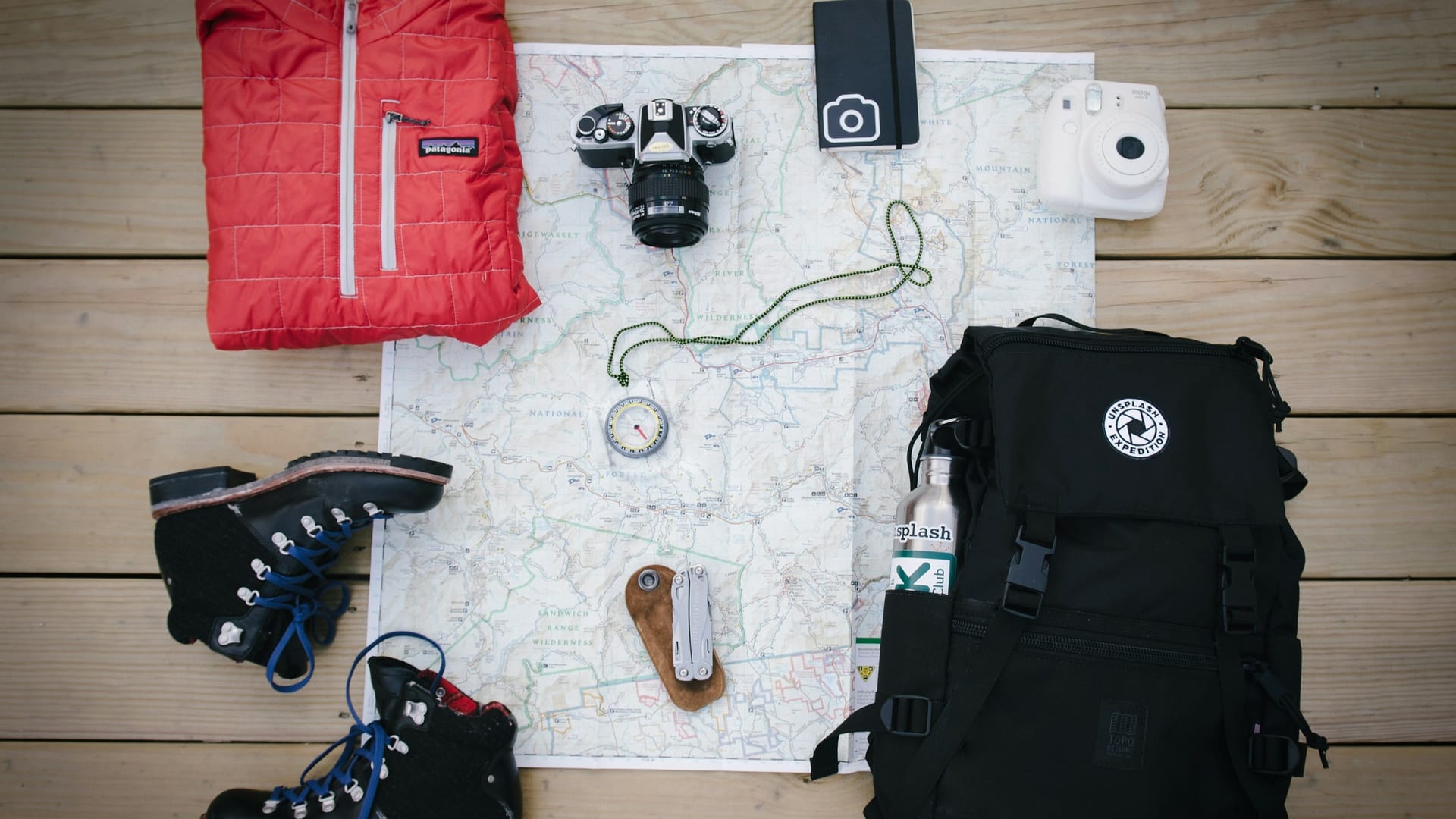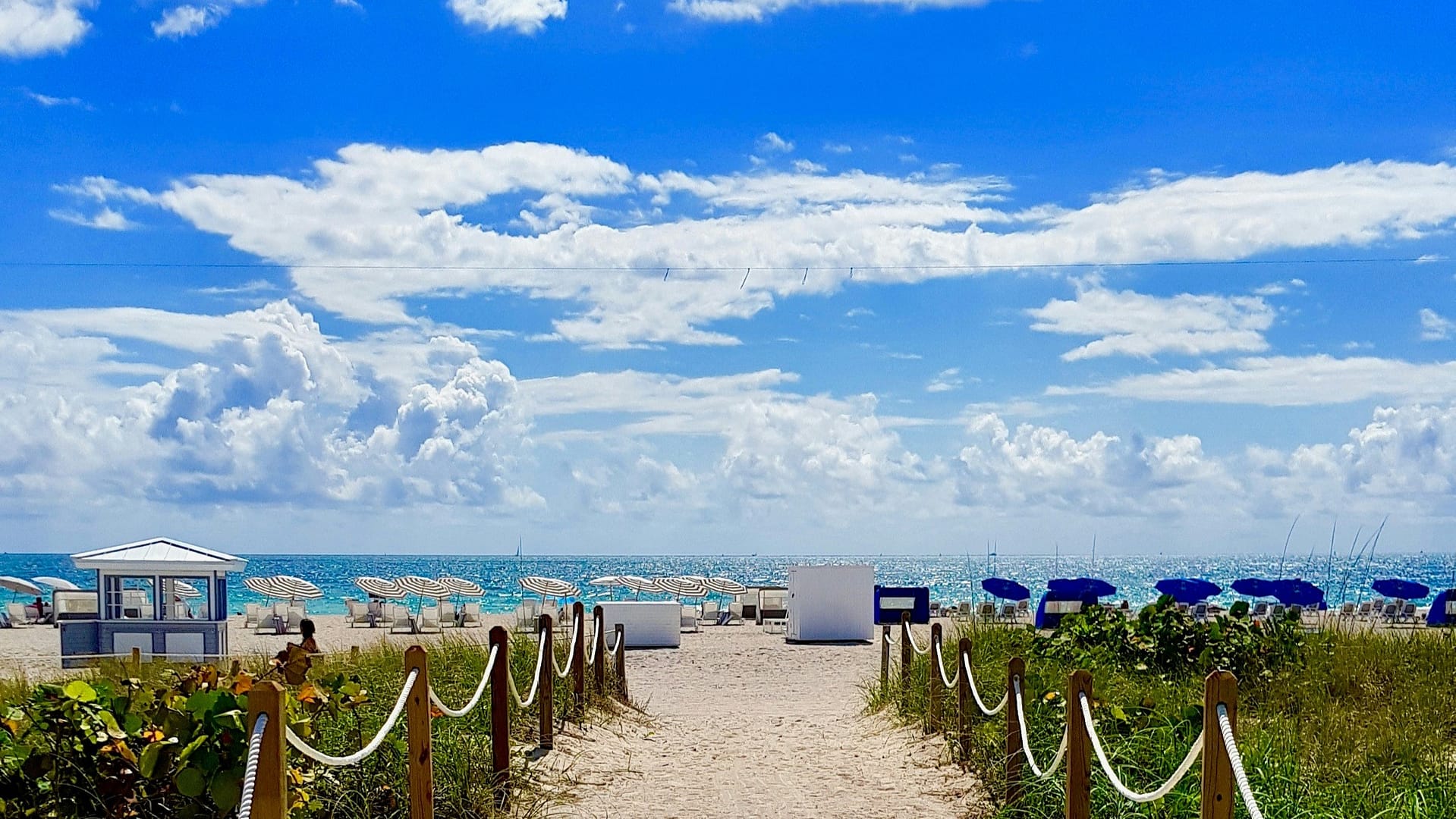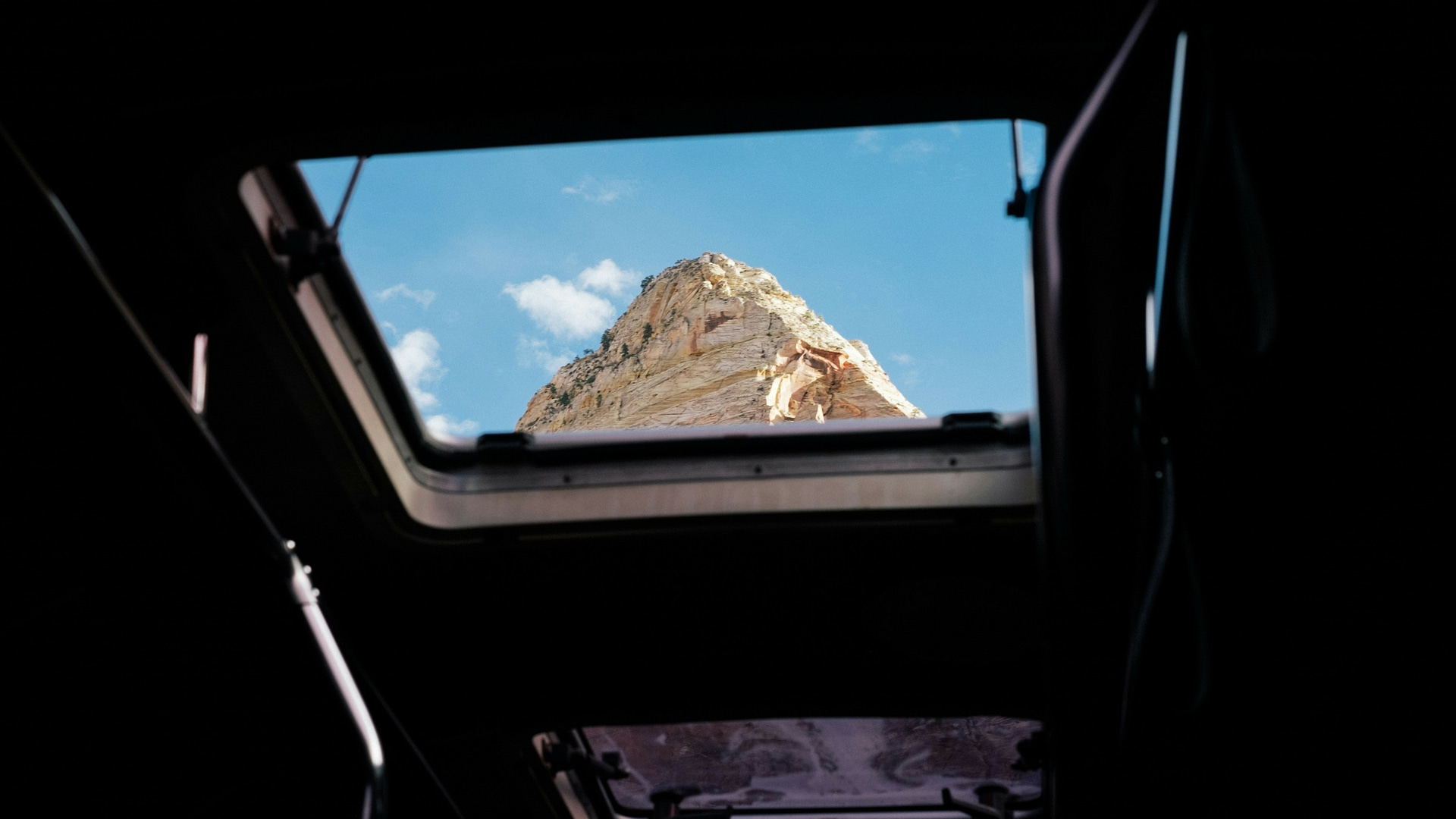Camping etiquette, let’s talk about it.
Camping is a cherished activity across our planet, and for good reason. This particular activity gives us a chance to shrug off the shackles of our everyday lives, ‘get away from it all’, unwind, let loose, explore, and soak in the tranquility of the great outdoors.
We love it…and that’s the crux of the issue.
These days, as human beings become increasingly aware of our impact on nature…imagine if everyone just did whatever they wanted when camping.
What would things look like in a year or two?
What if there weren’t an army of people who maintain camping areas and protect natural environments from the endless hordes? Even if 100% of the zillions who go camping every year are ultra-careful, there’s an impact. It’s inevitable. Our job is to try and minimize, minimize, minimize.
It’s definitely not just about pitching a tent and lighting a campfire under the stars anymore, either. The global camping industry is massive and interconnects with countless other related activities like hiking, mountain biking, RV’ing, glamping, fishing, and boating, just to name a few.
The truth is, there’s an unofficial code of conduct (along with the many camping regulations you’ll run into).
There are unwritten rules of camping etiquette everyone should know.
Let’s dive right in.
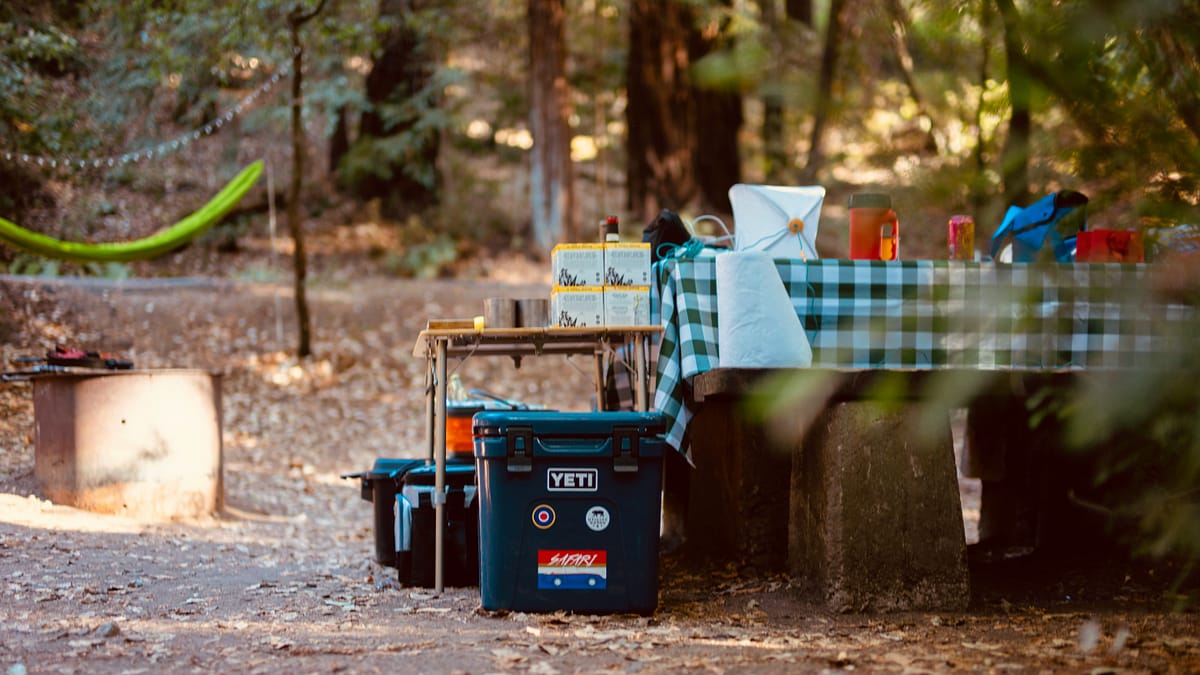
In this article:
ToggleUnderstanding Camping Etiquette
- Camping/Campsite etiquette involves respecting fellow campers.
- It also involves preserving natural beauty.
- It’s a set of guidelines people follow to maintain campground harmony.
- It’s about being mindful of your actions and impacts on everything around you.
These rules aren’t usually enforced by law, but they’re crucial for a positive camping experience. They ensure everyone can enjoy the area in peace and serenity both in the moment and for generations to come.
Campsite etiquette covers a wide range of aspects. It includes how to select a campsite, set up your camp, and minimize your impact.
It also involves respecting wildlife, managing waste, and interacting with other campers.
Why Campsite Etiquette Matters
Campsite etiquette is essential for several reasons. Firstly, preservation. By following these rules, we minimize our impact and keep the wilderness as glorious and pristine as possible.
Secondly, giving people space and freedom to enjoy themselves. If there are campers around you, these unwritten rules promote respect and consideration, preventing conflicts and disturbances that RUIN camping trips.
Example: Not driving extremely slow within the campground when there are children everywhere, dogs, mountain bikers, etc.
Example: Cutting through other people’s campsites at night, or making noise too close to other campsites and causing dogs to start barking.
Good choices foster a sense of campground community that 99% of campers ENJOY (even if they don’t mix and mingle with others during their stay). It encourages shared responsibility and mutual respect, making everyone’s experience more memorable!
The Principles Of ‘Leave No Trace’
Leave No Trace principles are a cornerstone of campsite/campground etiquette. They provide a simple framework that helps put everything in perspective.
Here are the seven Leave No Trace principles:
- Plan ahead, prepare and be aware.
- Travel and camp on durable surfaces.
- Dispose of waste properly.
- Leave what you find.
- Use fire responsibly.
- Respect wildlife.
- Be considerate.
The more you go camping around others, the more you see all this stuff in practice. And the easier it is to distinguish those…who don’t care or know about these unwritten rules. They get themselves into all kinds of messes and leave them behind for others to deal with. They take, take, take, and care little for their impacts on everything around them.

Before You Arrive: Planning & Prep
Proper planning and preparation are key to adhering to camping etiquette. It starts with researching your chosen campsite. Understand the rules and regulations, and familiarize yourself with the amenities and facilities available.
- Be sure to check online for reviews.
- When available, they’ll be VERY helpful.
- They’ll usually be under the park’s name, for example a state park.
People will give you the ‘inside track’ in reviews. They’ll also tell you how clean the place is, how well maintained, what to expect, etc. Here’s a real review we plucked from a big state park in the Pacific Northwest as an example:
“There are so many beautiful sights to see. We had a huge campsite. There are several restrooms throughout the campground, and they have showers. The camp hosts do a great job of keeping everything clean and are super friendly. The entire area was quiet at night and in the morning. The beach was a 5-minute walk. We could hear the waves at night. Super relaxing. 5 star campground!!“
You can learn a ton about most campgrounds from reviews.
Also, be sure to consider the weather forecast and pack accordingly. Do you have the necessary gear and supplies for your stay? This includes items for personal comfort, safety, and minimal environmental impact.
Helpful Article: Camping Essentials (10 Things You Might Forget to Bring)
Remember, the goal is to leave no trace. Pack reusable or recyclable items, and avoid products with excessive packaging.
Selecting Your Campsite
Choosing the right campsite is an important part of campsite etiquette. As always, aim to minimize impact. These days, you can often find videos of campgrounds/campsites online that people and different organizations share. Have you looked yet?
There’s plenty of info out there to do proper homework and select a site that suits your needs.
Avoid camping in areas with no established campgrounds. In places that allow backcountry camping, be sure to pay the proper fees and fill out the proper forms. This is so relevant organizations can keep track of foot/vehicle traffic in the area (and for safety).
Setting Up Camp: A Step-by-Step Guide
Setting up camp is more than just pitching a tent. It’s about creating a temporary home in the wilderness while respecting the environment.
Start by choosing a flat, durable surface for your tent. If it’s a well-established campground, the best areas for tents will be easy to see.
- Avoid tenting on grass/vegetation or disturbing wildlife.
- Keep your campsite compact.
- Consider where the sun will be shining early in the morning.
- Have enough wood stacked by the firepit BEFORE night.
- Walk around and get an idea of your campsite’s unofficial borders.
- Know where the trash bins or dumpsters are, or have a plan to deal with your waste.
- Trash areas can be the noisiest in the morning because of the birds getting to everything people tossed in there the day before.
Pack out everything that doesn’t go in a clearly marked waste disposal. Use biodegradable soap for cleaning and dispose of wastewater away from water sources. All of these little details matter when you consider the sheer number of people who use popular campgrounds every year.
Campfire Safety & Etiquette
Campfires are a camping tradition, but they must be managed responsibly. Always check if campfires are allowed at your campsite. Is there currently a fire ban in your area?
If permitted, use established fire rings, fire pans, or mound fires. Keep campfires small and manageable. Never leave a fire unattended, and ensure it’s completely extinguished before leaving or going to sleep (especially if you’re in a wind-prone area and it’s the dry season!).
Remember, the use of firewood from the area may be restricted to prevent the spread of pests. Check local regulations before collecting firewood. Finally, firewood at ranger stations is usually going to be more expensive than at the grocery stores, a hop, skip, and a jump away in town.
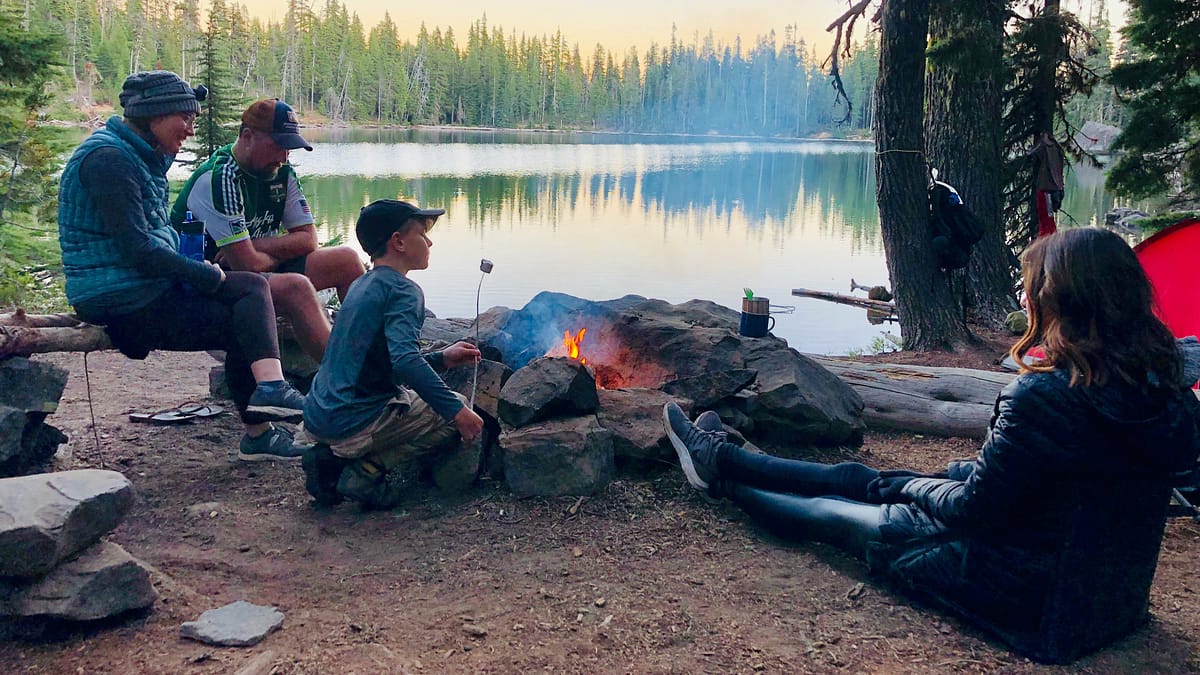
During Your Stay: Respect & Courtesy
While camping, respect for others is very much appreciated by everyone, even if no one comes and thanks you personally. This includes maintain proper noise levels and keeping loudness to a minimum, especially during quiet hours. Remember, sound seems much louder when it’s isolated.
Also, be mindful of your light usage. Excessive light can disturb wildlife and other campers.
Noise & Light Pollution
Noise and light pollution are often overlooked aspects of campground etiquette. Avoid playing loud music or using bright lights, especially at night. Everyone loves neat decorative lights, and dim string lights, and little things people do to spruce up their campsites at night. Just leave the floodlights in the garage.
Also, try to Use a red-filtered flashlight to minimize light pollution (small head lamps are popular). It’s less disruptive to wildlife and other campers.
Do keep in mind, though, that some camping areas are LOCALLY known to be louder and host campers who like to stay up later (you’ll likely read about this in online reviews). Make sure you know whether it’s a ‘family-friendly’ camping area or a camping area where people like to let loose.
Respecting Wildlife & Nature
Respecting wildlife is a fundamental part of camping etiquette. Always observe animals from a distance. Don’t feed them or try to get close for a photo.
Also, leave plants, rocks, and other natural features as you find them. Let others enjoy the beauty of nature too.
In officially recognized campgrounds, check message boards by bathrooms and ranger stations. They’ll tell you about plant and animal issues you should know about during your stay.
Example: What if there’s something in the water that could be harmful to dogs? Rangers will post signs all over telling people to keep dogs out for their safety. Be aware!
Shared Spaces & Facilities
Shared spaces and facilities should be treated with respect. Clean up after yourself in communal areas like bathrooms, picnic areas, and bbq pits. Remember, the golden rule of camping is to leave no trace. Always try to leave shared spaces cleaner than you found them.
Will everyone follow this unwritten rule of camping etiquette? Nope. But each of us has to decide whether we want to make things nicer, and cleaner, and better for the next person or not.

Camping With Furry Family Members: Dogs
Camping with pets can be a rewarding experience, but it comes with additional responsibilities.
First, ensure they’re prepared for what they’ll encounter! This can include large groups of people, unfamiliar outdoor areas, wild animals, being leashed up and anchored to something, etc. If ALL this is completely new to them, they’re likely to get anxious or even rather frightened/defensive.
Leashing
While there are off-leash campgrounds out there, most dog-friendly campgrounds will have various leashing requirements. Plan for your dogs to be on leashes nearly the entire time at the campground. Be sure to check and see if your campground is strict with leashes in terms of length, whether you can use retractable leashes, etc.
Barking
The sound of barking is as normal in most campgrounds as the smell of roasting marshmallows (just not as sweet). Everyone in the campground will understand if your dog barks. But…there’s a line. It really comes down to how long it goes on and what kind of barking we’re talking about.
- Occasionally, in excitement?
- Occasionally, at other dogs or people, in play?
- Or is your dog just literally barking non-stop?
- Did the owners leave the dog at the site alone chained to the picnic table, and the barking is constant?
Once it becomes a real problem and nuisance to other campers, there will be issues and you may be asked to leave. Dogs have been with us for tens of thousands of years, and the sound of a dog bark is extremely distracting for most people. We can’t help it. Certain kinds of barking will cause us to feel slightly anxious.
Aggressiveness
No aggressive behavior is tolerated. Not towards people or animals. Campgrounds are a place for people and their dogs to feel safe. If you believe your dogs may be aggressive in a more regular campground (vs. alone in the backcountry), then they should stay home or with a sitter.
Helpful Article: The Complete Guide: Dog Camping
As You Leave: Ensuring A Positive Impact
Leaving a campsite better than you found it is a key principle of camping etiquette. This means picking up all trash, even if it’s not yours (thank you!). It also involves restoring the site to its natural state as much as possible.
The impact of your camping trip should be minimal. Future campers and the local wildlife will appreciate your efforts. Remember, the goal is to leave no trace. This ensures the beauty of the outdoors can be enjoyed by generations to come.
Performing A Thorough Campsite Check
Before leaving, perform a thorough campsite check. This is a final sweep to ensure you’ve left nothing behind. Look for forgotten items, trash, or alterations to the site. If you find anything, take care of it before you depart.
Educating Others On Campsite Etiquette
Sharing your knowledge of camping/campsite etiquette is a great way to contribute to the camping community. Every little bit counts! If you see someone not following the rules, approach them in a friendly and respectful manner. Or, have a ranger or campground manager attend to the situation.
Remember, many people may not be aware of these unwritten rules. By educating others, you’re helping to preserve the camping experience for everyone.

The Collective Responsibility Of Campers
Camping etiquette isn’t just about following a set of rules. It’s about tradition. And it’s about understanding that our actions have consequences. We all have a role to play in preserving the great outdoors!
Adhering to these unwritten rules ensures a positive camping experience for everyone. Let’s all do our part to keep our campsites clean, peaceful, and enjoyable. After all, the beauty of camping lies in our shared love for nature and the great outdoors. We’re all shouldering this responsibility together, collectively!
If you really enjoyed this article, be sure to check out the BookOutdoors Blog for more just like it. Cheers, and have a great camping trip!

